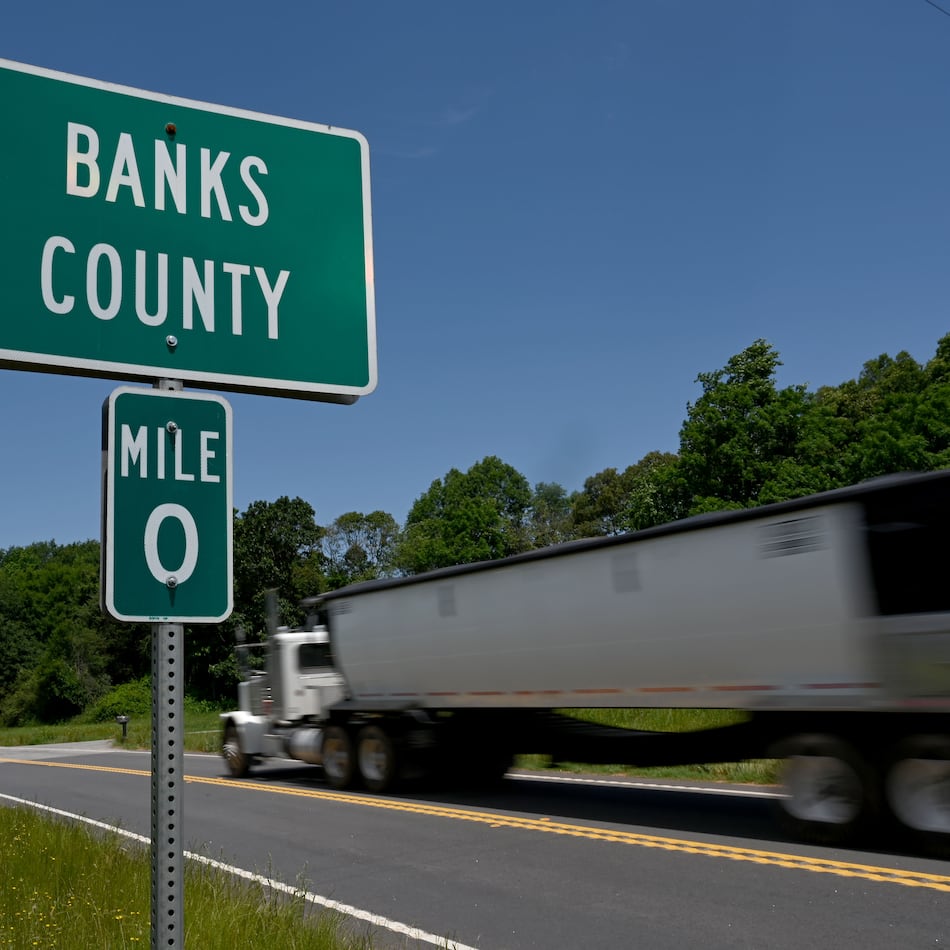Brandon Kearse will graduate Saturday from Georgia Tech with a degree in mechanical engineering.
He found an internship for the summer but not a full-time job. So a couple of months after the 23-year-old earns an undergraduate degree, he'll return to the campus to work on a graduate degree in city and regional planning.
"I was planning to go to grad school anyway, but I thought I'd work for a few years first," Kearse said. "But the fact that the economy is the way it is added some motivation to just do it now."
Kearse isn't alone in his thinking. When thousands of Georgia college students graduate this month, many won't be starting new jobs. Instead, they will boomerang back to campus. Colleges in Georgia, and across the nation, report an increase in graduate school applications as students try to wait out the soft job market.
The National Association of Colleges and Employers reports companies expect to hire 22 percent fewer new college graduates this year. Some graduate school programs have seen applications increase by 20 percent this year compared with last year, said Nathan Bell, director of research and policy analysis for the Council of Graduate Schools.
"When the economy goes down, graduate school applications go up," Bell said. "We saw this in 2001 and 2002, and we're seeing it now. I expect we're going to see it next year, too."
Georgia's colleges are still accepting graduate school applications, but officials report increases in nearly all programs.
Georgia Institute of Technology applications are up about 7 percent from last year. Georgia State University has an increase of about 14 percent in applications for master's programs. Applications at the University of Georgia are up nearly 9 percent.
Scott Williams, executive director of the career center at UGA, said many graduates have heightened anxiety and stress because of the recession and competitive job market.
"They're moving on to their Plans B's, and for many, that means grad school, a different career or internships," he said.
College officials say students' interest is strong in public service areas, such as public policy and health fields.
Still, students need to ask whether they're willing to take on more debt when they don't know what the economy will be like when they finish school, Bell said.
Kyle Stapleton, 22, is graduating May 9 from Georgia State with a degree in marketing and will return in August to pursue a master's degree in communications. He applied for graduate teaching assistantships to pay his way through school.
Stapleton always intended to attend graduate school but decided to do it now after watching friends struggle to find jobs in their fields.
"I'm kind of playing it safe," he said. "I'm hoping a master's will make me a more impressive job candidate when people start hiring again."
What if the economy doesn't improve by the time Stapleton graduates?
"I'll stay and get a Ph.D.," he said, half-jokingly.
About the Author
The Latest
Featured
